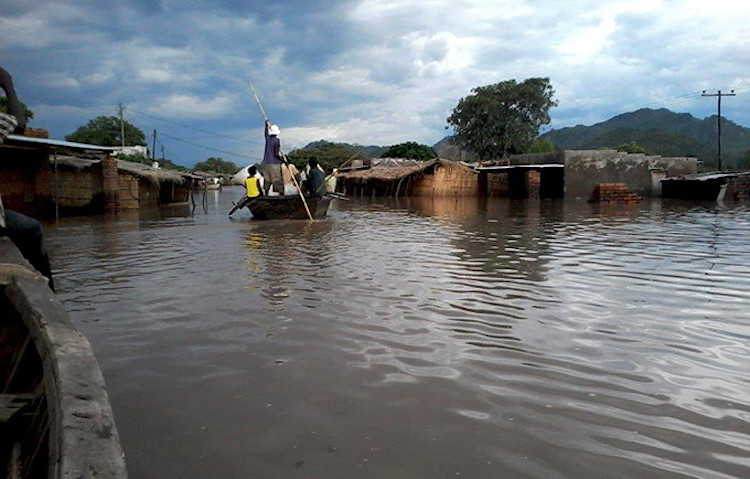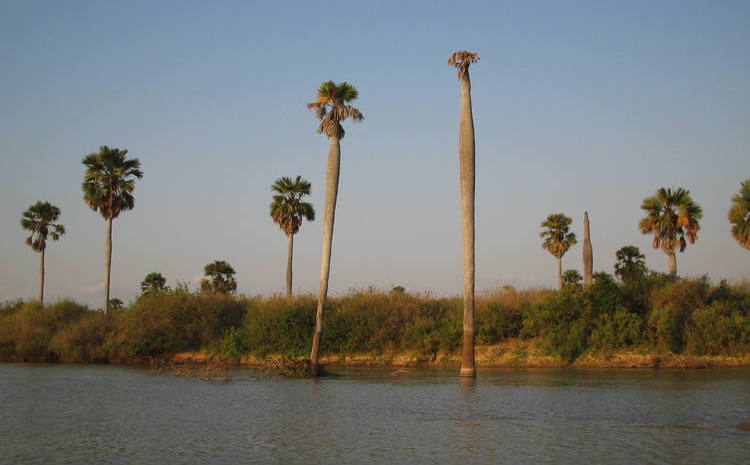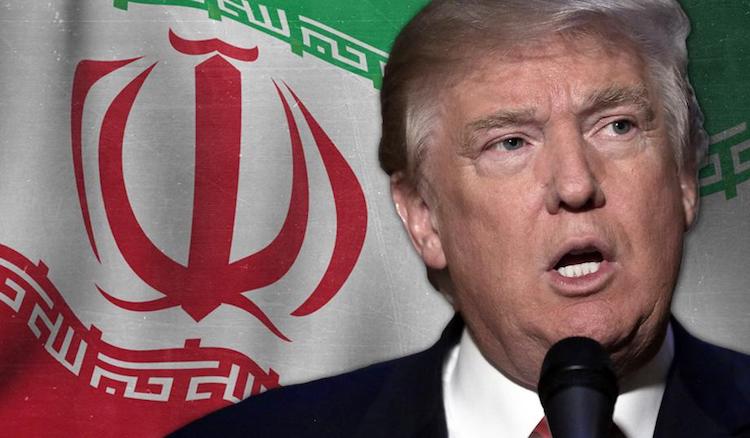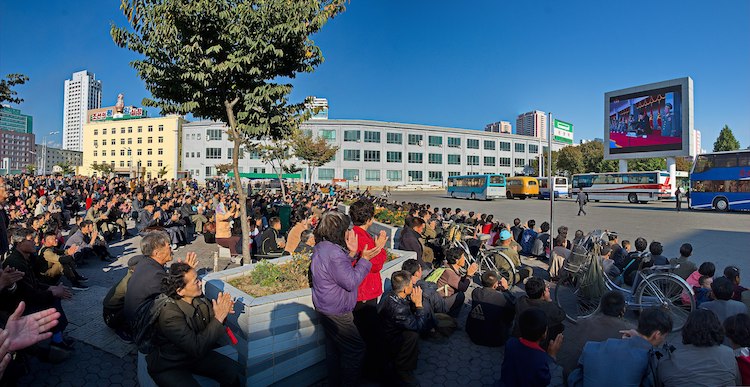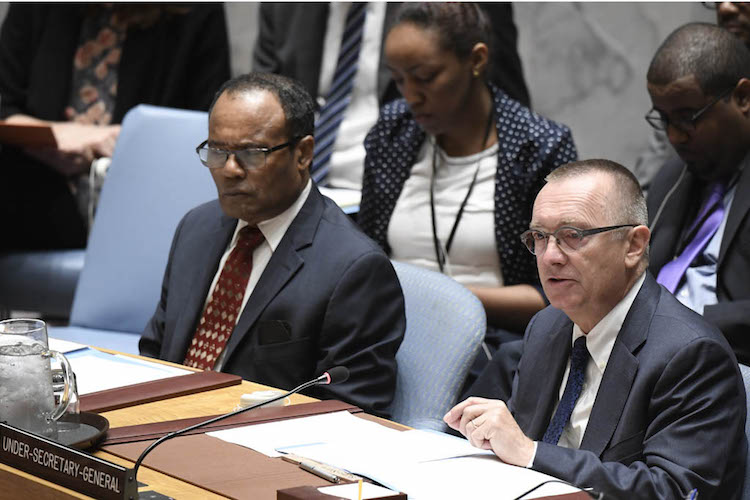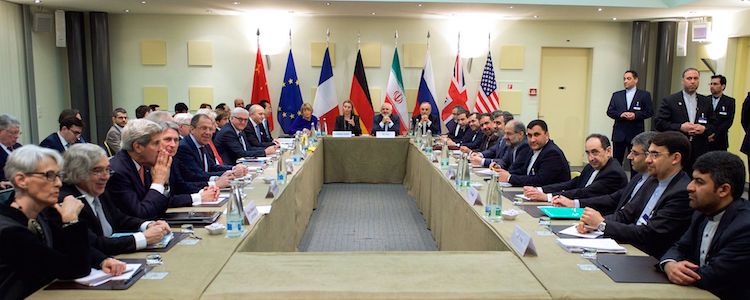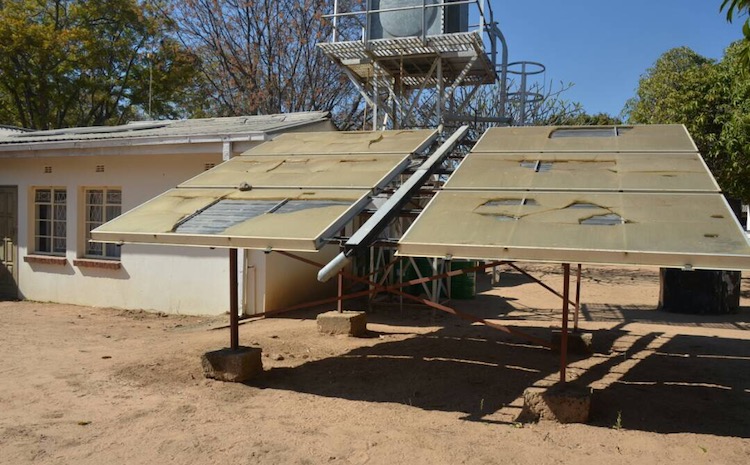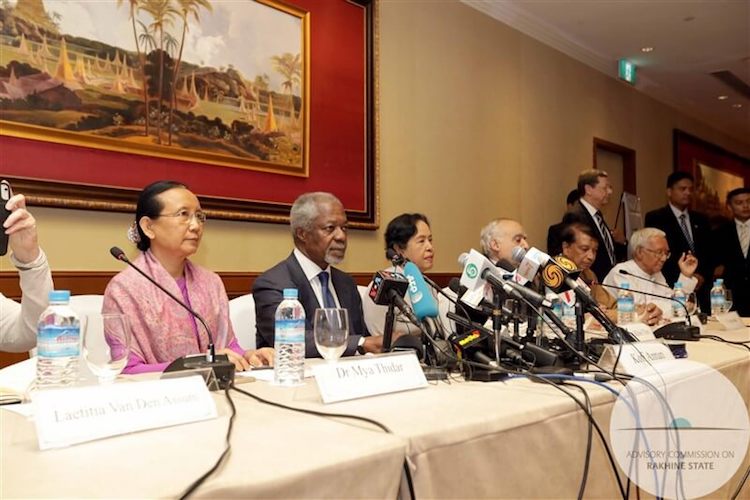By Global Information Network
NEW YORK | LAGOS (IDN) – “Floods in Africa in August killed 25 times more people than Hurricane Harvey did.” That was the headline of a recent story in Quartz online by Lagos-based writer Yomi Kazeem.
“Like severe floods in southern Asia, the disasters in Africa have been largely under-reported compared to similar events in Houston where Hurricane Harvey, a once in a ‘500-year storm’ has wreaked havoc,” wrote Kazeem.
Across Texas, 50 people have been reported dead due to the tropical storm but across Africa, intense rains and mudslides killed at least 1,240 people in August, he pointed out.

